Electrophysiocardiology (Cardiac Electrophysiology)
- Home
- Electrophysiocardiology (Cardiac Electrophysiology)
Electrophysiocardiology (Cardiac Electrophysiology)
Electrocardiology (cardiac electrophysiocardiology) is a specialized field that focuses on the study and treatment of electrical activity within the heart, including the diagnosis and management of arrhythmias through techniques such as electrophysiological studies and radio frequency ablation. In India, significant achievements include the establishment of advanced electrocardiology laboratories in major hospitals and pioneering research in arrhythmia treatments, which has placed the country at the forefront of global cardiology. Medkin Healthcare has extensive experience in providing services to reach the right centers and doctors specialized in electrocardiology, choose Medkins to help you in your treatment journey.
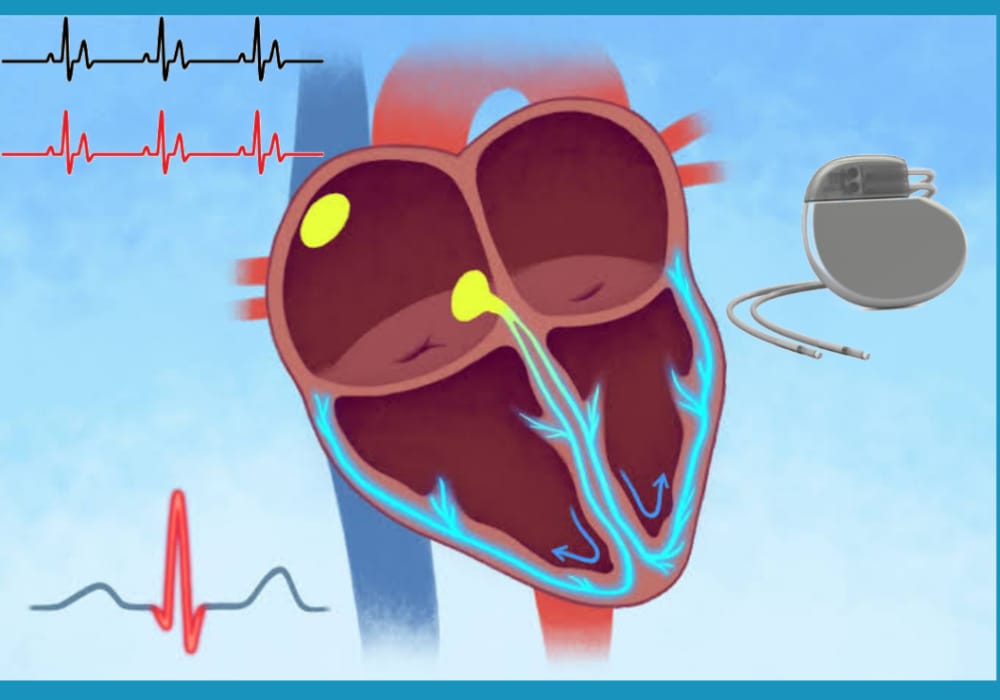
Diseases Treated by Electrophysiocardiology
Atrial Fibrillation (AFib) – A common arrhythmia characterized by rapid, irregular electrical impulses in the atria, leading to an irregular and often rapid heartbeat.
Atrial Flutter – Similar to AFib but involves a different type of electrical circuit within the atria, resulting in a rapid but regular heart rhythm.
Ventricular Tachycardia (VT) – A fast heart rhythm originating from the ventricles that can be life-threatening if sustained, leading to decreased cardiac output and potentially causing fainting or sudden cardiac arrest.
Ventricular Fibrillation (VF) – A severe and chaotic heart rhythm originating from the ventricles that can lead to sudden cardiac arrest due to ineffective heart contractions.
Bradycardia – An abnormally slow heart rate, which can result from issues with the heart’s electrical conduction system, potentially causing dizziness, fatigue, or fainting.
Supraventricular Tachycardia (SVT) – A rapid heart rate originating above the ventricles, often due to abnormal electrical pathways or circuits in the atria or atrioventricular node.
Long QT Syndrome – A condition where the heart’s electrical system takes longer than normal to recharge after each heartbeat, increasing the risk of life-threatening arrhythmias.
Short QT Syndrome – A rare genetic condition where the heart’s electrical recovery period is shortened, leading to an increased risk of ventricular arrhythmias.
Wolff-Parkinson-White Syndrome (WPW) – A condition characterized by an extra electrical pathway between the atria and ventricles, leading to episodes of rapid heart rate (tachycardia).
Brugada Syndrome – A genetic disorder that can cause abnormal heart rhythms and increase the risk of sudden cardiac death due to abnormal electrical activity in the heart.
Premature Ventricular Contractions (PVCs) – Extra, early beats originating from the ventricles that can cause palpitations or irregular heartbeats.
Premature Atrial Contractions (PACs) – Extra, early beats originating from the atria that can cause palpitations and are often benign but may indicate underlying heart conditions.
Cardiac Sarcoidosis – An inflammatory disease that can affect the heart’s electrical system, leading to arrhythmias or heart block.
Conditions Treated by Electrophysiocardiology
- Arrhythmias: Any abnormal heart rhythm that affects the heart’s ability to pump blood effectively.
- Heart Block: A condition where the electrical signals in the heart are delayed or blocked, leading to slow or irregular heartbeats.
- Syncope: Sudden loss of consciousness due to a temporary decrease in blood flow to the brain, often related to arrhythmias.
- Heart Failure: A condition where the heart is unable to pump blood effectively, which can be related to or exacerbated by arrhythmias.
- Stroke Prevention: Managing atrial fibrillation and other arrhythmias to reduce the risk of blood clots and strokes.
Procedures in Electrophysiocardiology Department
Electrophysiology Study (EPS) – A diagnostic procedure where catheters are inserted into the heart to map its electrical activity, identify abnormal pathways, and determine the causes of arrhythmias.
Catheter Ablation – A procedure where radiofrequency energy or cryotherapy is used to destroy abnormal heart tissue responsible for arrhythmias, such as those seen in atrial fibrillation or ventricular tachycardia.
Pacemaker Implantation – Involves placing a small device under the skin that sends electrical impulses to stimulate the heart to maintain a normal rhythm, used for treating bradycardia.
Implantable Cardioverter-Defibrillator (ICD) Implantation – A device implanted to continuously monitor the heart’s rhythm and deliver shocks to correct life-threatening arrhythmias, such as ventricular fibrillation or sustained ventricular tachycardia.
Cardiac Resynchronization Therapy (CRT) – A treatment involving a special pacemaker that coordinates the contractions of the heart’s ventricles to improve heart function and symptoms in heart failure patients.
His Bundle Pacing – A type of pacing that targets the heart’s natural conduction system (His bundle) to maintain normal electrical pathways and improve heart rhythm.
Left Atrial Appendage Closure (LAAC) – A procedure to close the left atrial appendage, a small pouch in the heart where blood clots often form in patients with atrial fibrillation, to reduce the risk of stroke.
Tilt Table Test – A diagnostic test used to evaluate the causes of unexplained fainting (syncope) by monitoring changes in heart rate and blood pressure while the patient is tilted on a table.
Loop Recorder Implantation – A small device implanted under the skin to continuously monitor heart rhythms over an extended period to detect and diagnose arrhythmias.
Electrical Cardioversion – A procedure that uses controlled electric shocks to restore a normal heart rhythm in patients with arrhythmias like atrial fibrillation.
AV Node Ablation – A procedure where the atrioventricular (AV) node is ablated to disrupt abnormal electrical pathways, usually followed by pacemaker implantation to maintain heart rhythm
Our Focused Specialties
Multi-Specialty Care Hub
Discover India’s diverse multi-specialty health departments and treatments. We’re dedicated to ensuring a healthier tomorrow, navigating the dynamic realm of Indian healthcare. Our wide range of specialties includes top-notch hospitals, selected based on quality and healthcare facilities. Join us for a personalized journey to optimal health and wellness.
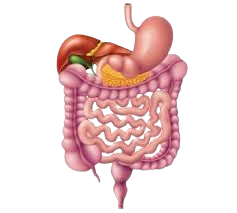
Gastro-intestine
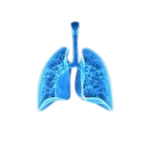
Pulmonology

Ophthalmology
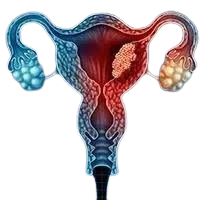
Gynaecology
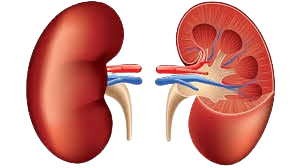
Nephrology
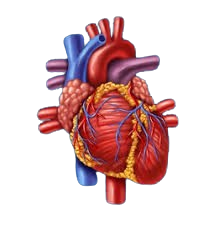
Cardiac
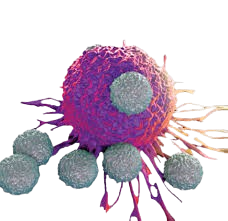
Hematology
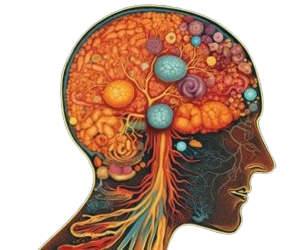
Neurology
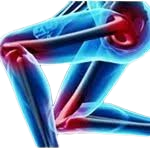
Bone & Joint
Looking for an expert !
Our Healthcare is home to some of the eminent doctors in the world

Dr Rajesh Sharma

Dr Sandeep Vaishya

Dr Sandeep Vaishya

Dr Rajesh Sharma

Dr Rajesh Sharma
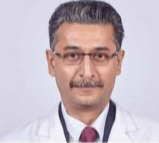
Dr Sandeep Vaishya
Easy Access Links
- International Patients
- We & Why
- Core Specialites
- Common Procedures
- Hospitals
- Doctors
- Treatment Locations
- Way To Healing
- Wise to ask before
- Comfort and Satisfaction
